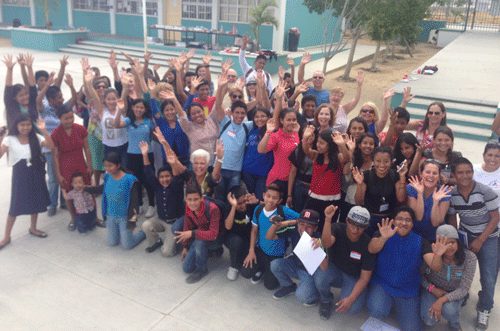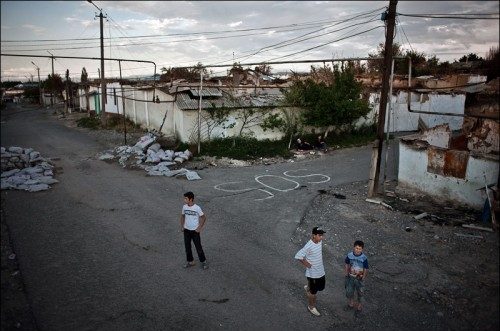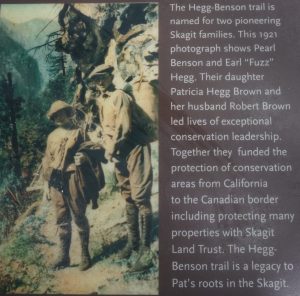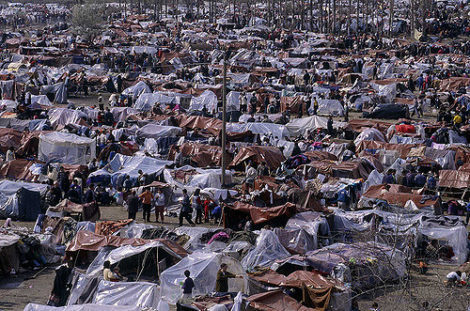Our Programs
- De Orilla a Orilla – From Shore to Shore, or “De Orilla a Orilla” (in Spanish), is an international teacher-researcher project that has focused on documenting promising classroom practices for intercultural learning over global learning networks.
- iEARN-Orillas – The International Education and Resource Network (iEARN) uses the internet and other technologies to link classrooms in more than 130 countries around the world. iEARN-Orillas is a special interest group in iEARN to promote multilingual learning and collaborative critical inquiry in USA, Puerto Rico, Mexico and other parts of Latin America. In 2018, the Rights and Opportunities Foundation partnered with iEARN-Orillas to support iEARN-Latina educators to present and share their expertise at iEARN’s 2018 International Conference and Youth Summit. Click HERE to read more.
Leaders in education with whom we have been involved for many years:
- Rethinking Schools – Rethinking Schools is a nonprofit publisher and advocacy organization dedicated to sustaining and strengthening public education through social justice teaching and education activism. Their magazine, books, and other resources promote equity and racial justice in the classroom. Rethinking Schools encourages grassroots efforts in schools and communities to enhance the learning and well being of our children, and to build broad democratic movements for social and environmental justice. The Rights and Opportunities Foundation is collaborating with Rethinking Schools on the publication and dissemination of teaching resources, including a second edition of Reading, Writing, and Rising Up: Teaching About Social Justice and the Power of the Written Word, climate justice professional development based on A People’s Curriculum for the Earth: Teaching Climate Change and the Environmental Crisis, and translations to Spanish of key articles of interest to bilingual educators.
- Teaching for Change – Teaching for Change provides teachers and parents with the tools to create schools where students learn to read, write and change the world. By drawing direct connections to real world issues, Teaching for Change encourages teachers and students to question and re-think the world inside and outside their classrooms, build a more equitable, multicultural society, and become active global citizens. The Rights and Opportunities Foundation is partnering with Teaching for Change on a new edition of Putting the Movement Back into the Civil Rights Movement: A Resource Guide for Classrooms and Communities.
- California Association for Bilingual Education – The California Association for Bilingual Education (CABE) is a non-profit organization to promote bilingual education and quality educational experiences for all students in California. CABE promotes equity and student achievement for students with diverse cultural, racial, and linguistic backgrounds. CABE recognizes and honors the fact that we live in a rich multicultural, global society and that respect for diversity makes us a stronger state and nation.
Other educational programs and organizations we support:
- In the United States
- YES! Magazine – Yes! Magazine publishes a print and online magazine with in-depth analysis, tools for citizen engagement, and stories about real people working for a healthy planet and vibrant communities. The Rights and Opportunities Foundation collaborates with YES! Magazine on the publication of articles about education and the environment.
- Ashland Literary Arts Festival – This annual literary event is designed to inspire reading, writing, and creativity in all people. The focus is on independent story and thought throughout the Pacific Northwest region, celebrating not only books, but all forms of expression: literature, poetry, journalism, art, lyrics, comics, film, and documentary.
- In Baja California, México
- Escuela Maradentro in San José de Cabo
- LigaMAC ESL Program for Underserved Youth in San José del Cabo
- Sala de Lectura: Amigos de Jarchi in San José del Cabo
- Palapa Society in Todos Santos
- Gente Jóven por un Cambio (Young People for a Change) in Los Cabos
- Peace and Dignity Project: Wa’Talus Kuatei in Tecate
- International Community Foundation

Group photo of San José del Cabo LigaMAC ESL Program students and facilitators, 2016





